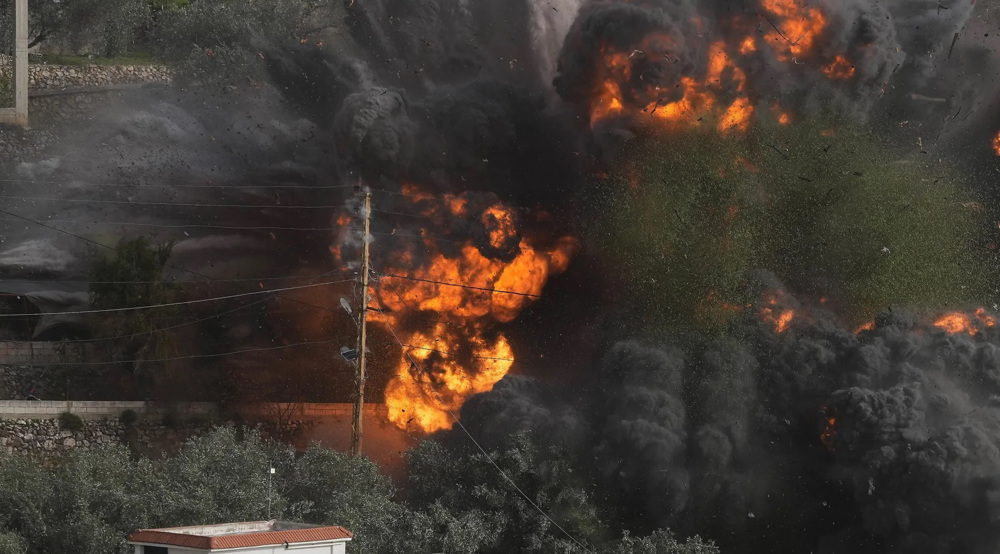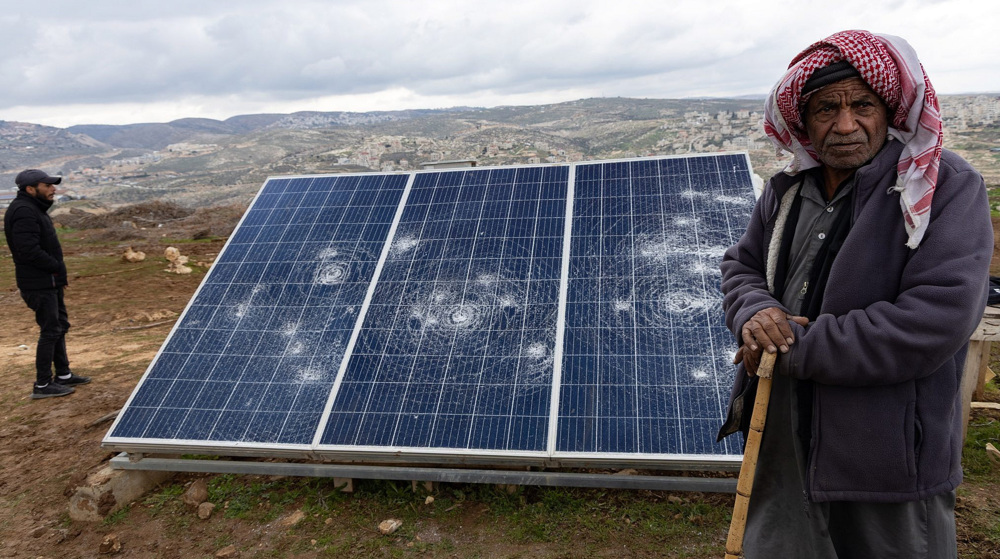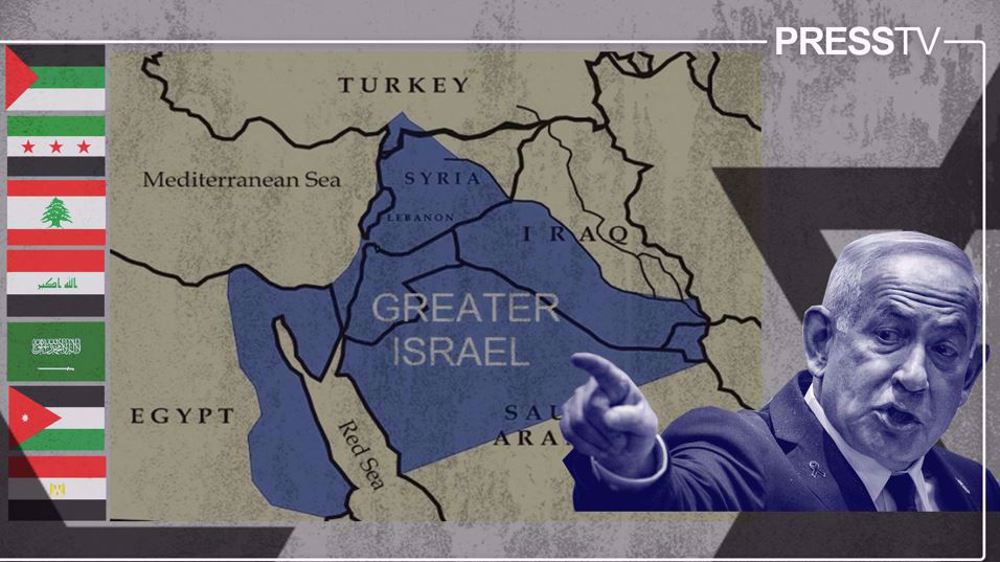Israel must cease settlement expansion in Palestine: Quartet report
A much-awaited report by the foursome of nations and entities involved in mediating the so-called peace process in the Israeli-Palestinian conflict has called on the Tel Aviv regime to put an end to its settlement expansion activities in the occupied Palestinian territories.
The Quartet on the Middle East – the United States, the European Union, the United Nations and Russia – said in the report on Friday that the Israeli settlements as well as the Tel Aviv regime's demolition of Palestinian homes and expropriation of land were “steadily eroding the viability of the two-state solution.”
“Israel should cease the policy of settlement construction and expansion, designating land for exclusive Israeli use, and denying Palestinian development,” the report added.
“This raises legitimate questions about Israel's long-term intentions, which are compounded by the statements of some Israeli ministers that there should never be a Palestinian state,” it pointed out.
The report also urged Israel to lift the blockade of the Gaza Strip, which has been in place since 2007 and has caused a decline in the standard of living, unprecedented levels of unemployment, and unrelenting poverty.
The apartheid regime of Israel denies about 1.8 million people in Gaza their basic rights, such as freedom of movement, proper job, and adequate healthcare and education.
Netanyahu rejects quartet report as 'myth'
Meanwhile, Israeli Prime Minister Benjamin Netanyahu has dismissed the Middle East Quartet report, saying that it “perpetuates the myth that Israeli construction in the West Bank is an obstacle to peace.”
The Quartet report had been written following a meeting of its foreign affairs representatives in Munich, Germany, earlier this year. Its publications had been delayed for several times due to Israeli officials’ stiff opposition.
The senior Quarter diplomats sought to explore the reasons behind a stalemate in the negotiations between Israel and Palestinians, and the revival of the so-called peace talks between the two sides.

The United Nations and most countries regard the Israeli settlements as illegal because the territories were captured by Israel in a war in 1967 and are hence subject to the Geneva Conventions, which forbid construction on occupied lands.
The presence and continued expansion of Israeli settlements in occupied Palestine has created a major obstacle for the efforts to establish peace in the Middle East. Palestinians want the West Bank as part of their future independent state, with East al-Quds (Jerusalem) as its capital.
More than half a million Israelis live in over 230 illegal settlements built since the 1967 Israeli occupation of the Palestinian territories of the West Bank and East al-Quds.
Last month, France hosted a gathering of representatives from more than 20 countries as well as UN and EU diplomats in Paris as part of its plan to revive the so-called peace talks between Israelis and Palestinians. Neither Palestinians nor Israel attended the conference.
The last round of the talks between Israelis and Palestinians collapsed in 2014. Tel Aviv’s illegal settlement activities and its refusal to release senior Palestinian prisoners were among major reasons behind the failure of the talks.
Trump admin. advances Saudi nuclear deal, leaves door open to enrichment: Report
Leader donates 50 billion rials to free financially struggling prisoners
Guardians of sky: How Iran’s radar network turned 12-day war into a blueprint for deterrence
The story of ancient Persia’s chromium steel
Iranian Navy chief calls for broader naval collaboration at MILAN 2026 naval exercise
VIDEO | Mini Iraq; A city in India that connects faith across borders
Pope skips America’s 250th anniversary despite Vance’s ‘in-person’ invitation
Iran condemns Israeli atrocities, ceasefire violations in southern Lebanon




















 This makes it easy to access the Press TV website
This makes it easy to access the Press TV website